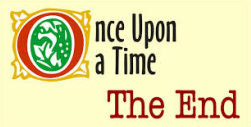
Remember short story collections? If so, you’re probably over 35 and enjoying a glass of port with your lunch. For the rest of you, we’ve decided to offer a brief World Book Day history lesson.
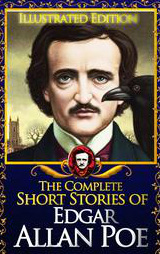
Before drafting any sprawling novels, however, the writer was to begin by honing their sparse prose skills and scribbling short stories. These could be submitted to a tremendous number of journals and magazines and each one accepted and printed would pay a few pennies and be racked up like another short-term job on a CV, helping to pave the way to an eventual book deal. Even a few years ago, this was still fairly common practice.
A few of these journals survive, but many have died out thanks to the impossibility of turning a profit when online alternatives exist. This, too, has almost eliminated pay from the equation and authors can be expected to slave away for free. As though that wasn’t enough, they’ll be lucky to ever see them reappear on paper, as short story collections are no longer considered commercially viable ventures and are an option only for the most established of novelists exercising their right to a creative muscle-flex. Back in the day, however, countless writers produced themed collections of their short fiction alongside their novels, often in equal balance, and enjoyed both success and acclaim on a satisfyingly versatile workload. Pick any renowned twentieth-century writer you can think of and, the chances are, they've got at least one out there. Some, like Charles Bukowski, produced enough to outnumber their full-length works. Now, even the classics can be hard to find.
To celebrate this not-quite-dead medium, here are a few excellent examples from some current authors of various styles.
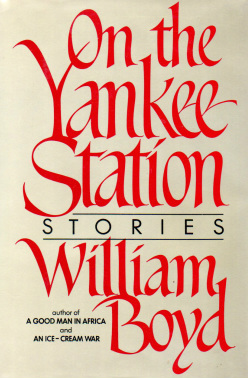
British writer William Boyd, the man responsible for the most recent James Bond novel and the book behind the brilliant BBC series Any Human Heart, was one of the many who began his career penning short stories for periodicals. One such story included the character Morgan Leafy, protagonist of his first novel A Good Man in Africa, and it was this that would end up seeing him in full-length print in the first place – Boyd collected fourteen of his stories into what would become On The Yankee Station, sent it off to a publisher and casually mentioned that he’d also penned a novel featuring the hapless hero. When the publisher wrote back and said that they were more interested in the novel, Boyd had a small problem – he hadn’t written it yet. Claiming that he needed to redraft the manuscript, he wrote the whole book within a few weeks and saw both books on shelves within the next year.
Boyd’s early work is its own version of literary fiction, characterised by tongue-in-cheek humour and endearingly ridiculous characters. As well as introducing us to Leafy, an alcoholic, philandering British diplomat stuck at the High Commission of a fictional African country, On The Yankee Station tells the stories of a disenfranchised military pilot and his revenge against an abusive commanding officer, a murderous, bi-polar country laird, a circus performer who specialises in being licked by a lizard and a group of sexually frustrated schoolboys trying their level best to pair up with the local grammar girls by appearing in HMS Pinafore. It’s rare to laugh so loudly at such a book – don’t read it on a train if you’re worried about looking crazy – and this collection offers a glimpse into the early days of a great career when Boyd staunchly refused, despite his literary ambitions, to take himself or his work too seriously.
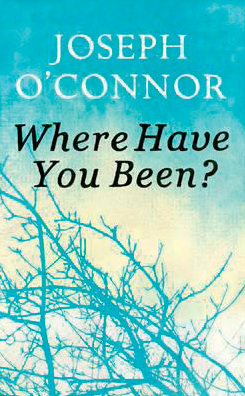
A perhaps not-so-recognisable name on today’s list of lit fiction pedlars is Joseph O’Connor, elder brother of shaven-headed songstress Sinead O’Connor, best known in book circles for his 2002 historical novel The Star of the Sea. Where Have You Been? is the first short fiction collection O’Connor has released in more than twenty years, and the pace of his work is reflected in these stories. It couldn’t really be any different from the first entry on our list, replacing humour with misery and heavy themes of love, death and history that are incredibly well-woven into simple tales and never seem sappy or overblown. We follow Irish Catholic immigrants in the slums of nineteenth-century New York as they struggle to feed their children, an argument between the branches of a family at a tense funeral wake and the last moments of a divorced, suicidal Dublin businessmen who tries and fails to say goodbye to those closest to him. The eponymous novella follows a turbulent long-distance relationship between a naive single man and an indecisive woman cheating on her partner and ends with a long and poetic eulogy to a lost father. The only downside to O’Connor’s work, similar to that of other Irish writers, is his extremely heavy reliance on the culture, history and strained societal dynamics of his homeland, which form the dominant motifs of each and every one of his stories. Aside from this distraction, they offer a great emotional depth and a simple yet powerful style that, sadly, hasn’t attracted too much attention amongst its more in-your-face rivals.
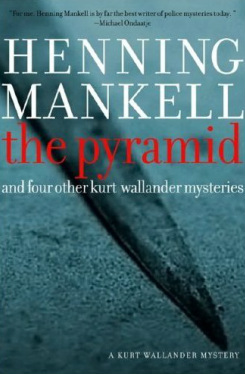
Continuing the miserable tone is the short prequel collection by Henning Mankell, creator of the world’s most depressing police protagonist: Kurt Wallander. These days, short story collections remain largely the territory of crime writers rather than struggling existential commentators. In need of a break from the assembly-line work pattern of one novel every nine or ten months to keep the fans and publishers happy, some of the world’s bestsellers have used the half-dead format as a means of exploring their key characters’ back stories and taking a break from their overall story arcs. A Good Hanging provided a brief, career-long snapshot of Ian Rankin’s wildly popular Inspector Rebus, whilst Peter Robinson’s DCI Banks, the friendly Yorkshire detective who has gained a hefty following both in Europe and in North America, finally revealed his dark Metropolitan Police past in 2009’s The Price of Love. The enormous influx of all things Scandinavian in recent years led to the translation into English of Mankell’s Pyramiden, a series of short stories detailing Inspector Kurt Wallander’s early days and rise to the upper-middle ranks of the Swedish police. The fourth and final season of the BBC’s adaptation of the series, starring Kenneth Brannagh, will be released sometime in 2014, just over three years after the final bestselling Wallander novel. Countless readers will be sad to see him go, but after an illustrious career of crushing loneliness and random, terrifying violence – being Scandinavian, the series focuses heavily on the corrosion of moral society and is possibly the only one to use improbable coincidence as a regular plot device – it’s about time for a curtain call. Besides, one advantage of being a crime fiction fan is never being short of something to read.



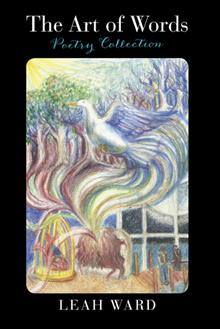
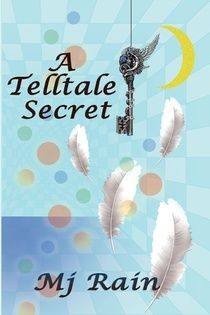
 RSS Feed
RSS Feed
